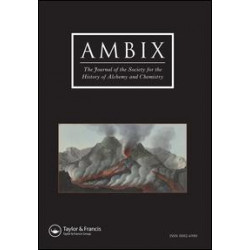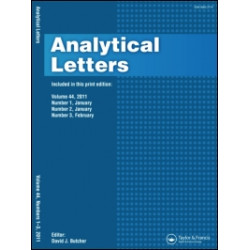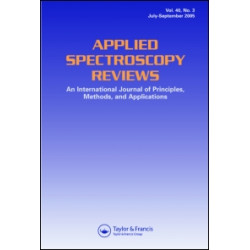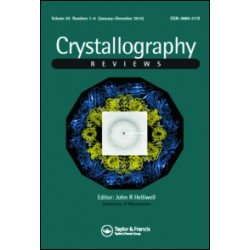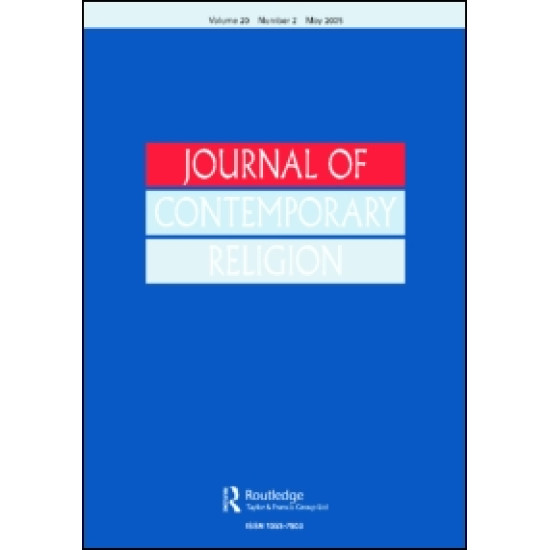
Journal of Contemporary Religion is an international peer reviewed journal. Its purpose is to both document and evaluate the anthropological, sociological, psychological, and philosophical aspects of emerging manifestations of religiosity in any part of the world—whether within innovative movements or mainstream institutions. The term 'religion' in the title of this journal is understood to include contributions on spirituality. Moreover, as the journal title suggests, the focus is on contemporary issues. Therefore, the editors of Journal of Contemporary Religion welcome submissions which deal with:
- classical topics in the study of religion, such as secularisation and the vitality of religion or traditional sectarian movements;
- more recent developments in the study of religion, including religion and social problems, religion and the environment, religion and education, the transmission of religion, the materialisation and visualisation of religion in various forms, new forms of religious pluralism, the rise of new forms of religion and spirituality, religion and the Internet, religion and science, religion and globalisation, religion and the economy, etc.
- theoretical approaches to the study of religion;
- discussions of methods in relation to empirical research;
- qualitative and quantitative research and related issues.
The Journal includes reviews of books which reflect the above themes.
Peer Review Policy:
Research articles and Research notes published in the Journal of Contemporary Religion have undergone rigorous peer review, with at least two anonymous referees assessing the submitted material.
JCR does not have a formal procedure for the submission of book reviews. The editor approaches potential reviewers. However, informal enquiries or suggestions regarding reviews can be sent to the editor.







